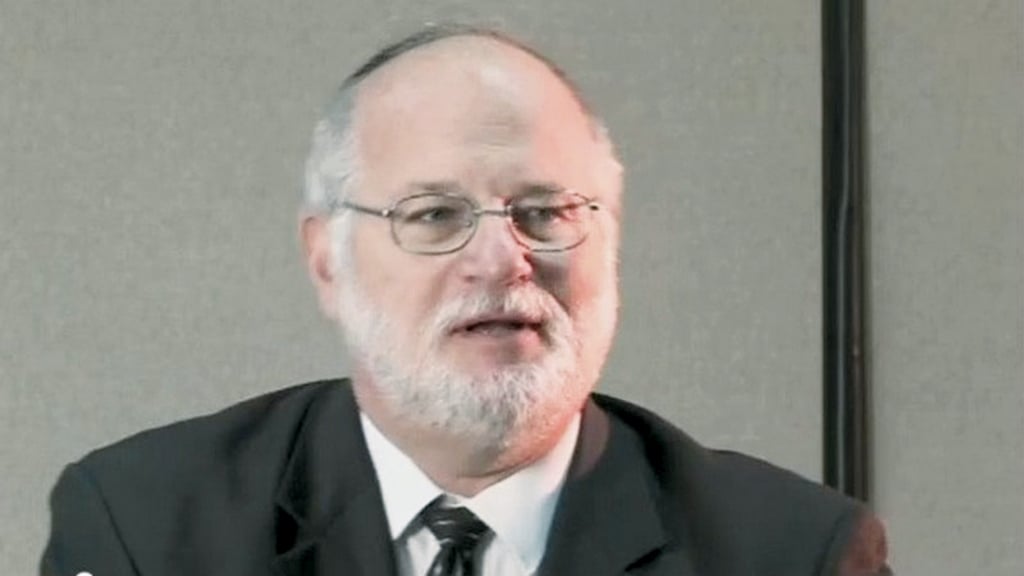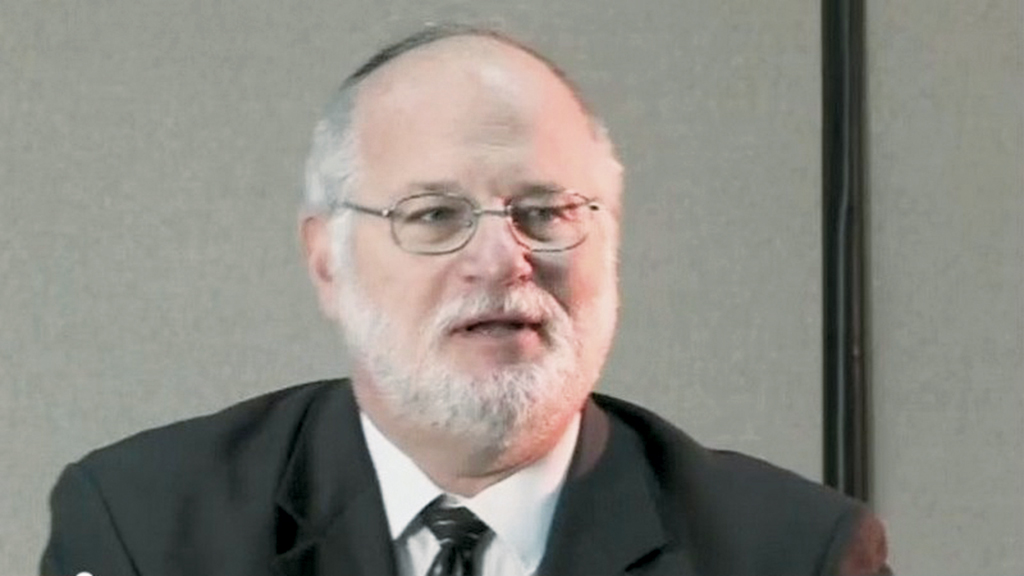 For some time now, we have heard that many of our youth are in a bad way—drinking, drugs, scandalous behavior—all of which have given rise to problems in schools. There have been conferences and seminars, calls for better education and improved communication. And the schools have generally responded to credible accusations of misconduct with a quick but somewhat selective trigger finger—especially in their use of expulsions. A number of people have reported to me about a party that took place recently in the metropolitan area that attracted a lot of teens and involved mass drinking and revelry, with the parents of the host conveniently out-of-town. (There were probably many other and similar parties of which I am unaware.) And the schools have dutifully responded with the range of disciplines at their disposal, and applied to the great variety of offenders under their dominion in inconsistent ways.
For some time now, we have heard that many of our youth are in a bad way—drinking, drugs, scandalous behavior—all of which have given rise to problems in schools. There have been conferences and seminars, calls for better education and improved communication. And the schools have generally responded to credible accusations of misconduct with a quick but somewhat selective trigger finger—especially in their use of expulsions. A number of people have reported to me about a party that took place recently in the metropolitan area that attracted a lot of teens and involved mass drinking and revelry, with the parents of the host conveniently out-of-town. (There were probably many other and similar parties of which I am unaware.) And the schools have dutifully responded with the range of disciplines at their disposal, and applied to the great variety of offenders under their dominion in inconsistent ways.
I have always been a law-and-order man; schools should have rules just like life has rules because otherwise there is chaos and anarchy. But I think we have gone too far in these situations to the extent that I have changed my mind. I used to think that it was appropriate for schools to monitor their students’ behavior even off campus and react when there is degenerate behavior, and in an ideal world that would still hold true. But I no longer believe that. Schools should monitor what students do on their premises, and that’s it. And off premises? That is the responsibility of the parents. Remember them?
Parents used to have primary responsibility for parenting, discipline, and instilling values in their children. Sometime in the recent past, parents abdicated that responsibility to the schools, and the results have not been pretty. For example: What parent lets a teenager go to a party of teenagers that has no responsible adult in charge? (I say “responsible” because not all adults are responsible.) You would have to be insane to allow such a thing. My children were trustworthy, but I would never let them as teens go to an unsupervised party. My wife and I would monitor, as best as possible, with whom our children would socialize. That is elementary parenting.
Forget the schools. As far as I am concerned, it’s none of the school’s business what happens off campus. It’s the parents’ business—and parents have to reclaim their role. Indeed, parents have many more disciplinary tools in their arsenal than schools do. They should use them, without fear of losing their children as “buddies.”
That being said, I have reconsidered something else. Schools have to stop these willy-nilly expulsions of students, which have become (1) a marketing tool (“Look at us! We expelled two students for unacceptable behavior. Problem solved. Send your children to us!”), (2) a deterrent that has clearly failed given the widespread misconduct that apparently exists and (3) a tacit admission that schools don’t have the time, interest or energy to deal with every child with a problem. I was slow to come around to this but I have realized that was once unthinkable has become normative, and again, quite selectively applied. A few months ago, I was sent a video a few months ago of Rav Moshe Weinberger (the Rav of Aish Kodesh) pleading with principals to remember their own youth. “What were you like when you were 17?” Why are they pretending that all was so perfect that now we can just dispatch Jewish children into the spiritual wilderness?
My initial reaction was that it is easy for someone not in chinuch to make such a broad statement and encourage such a policy change—banning expulsions—but as I pondered his comments over the course of a few weeks, I realized that he was correct. Teens are teens, and even if the parameters of “acting out” have widened over the decades since I was a teenager, and mostly in very unsalutary ways, I do not doubt that there are today principals and Roshei Yeshiva, teachers and rabbis, who acted as teens in ways that they chalk up to adolescent hijinks. Yet, they—or their boards—do not want to give today’s children the same break or a compassionate hand. I certainly do not lay all the blame at the feet of the principals or administrators who are often confronted with conflicting pressures that cannot all be resolved to the satisfaction of all.
And then I started my research on my “Great Rabbis of the 20th Century” series and to my astonishment, I determined that these giants dealt with the same issues in a much more tolerant, loving and probably effective way. The Alter of Slabodka, for example, never agreed to expel a student. (Keep in mind that Slabodka had its share of students who desecrated Shabbat, who were Socialists trying to overthrow the Czar, who were students in the yeshiva who even rebelled against the Alter and tried to have him dismissed!) Yet, he would tell the Roshei Yeshiva, that we must look and find some good in them. He kept one student around, he told his colleagues, even though he wasn’t much of a student, because he liked to do favors for people. The Jewish people need that also. And when challenged about particular miscreants, he would cite the verse in Kohelet and the Midrash (Vayikra Raba 27:5) thereon: “‘G-d seeks out the pursued;’ even when the righteous pursue the wicked” G-d takes up the cause of the underdog. So find his good quality and help him. Don’t throw him away.
Similarly, Rav Ovadia Yosef said in an interview a year before he died that it is forbidden to expel a child from yeshiva. I quote: “Even if there is a student who behaves inappropriately, it is still forbidden to throw him out of school and instead we must exercise extreme patience… If we are patient with this student, one day he can grow up to be a talmid chochom. And if we send him away from the yeshiva where will he go? To a secular school and then what will become of him?”
And then he added: “What, are you throwing away a rock? These are precious souls! If you throw a child away, do you know what will be? Are you ready to take responsibility for what might happen?”
And in Rav Yissachar Frand’s Dvar Torah last week (the second essay) he made the same point. If all these great rabbis are addressing this issue, it tells me that there is a problem in Baltimore, Israel, the Five Towns, New Jersey – and everywhere else.
And who are we throwing away? The children of the Avot and Imahot of our people. Like Rambam says (Hilchot Sanhedrin 25:2), even the lowliest among us are “the children of Avraham, Yitzchak and Yaakov, the armies of G-d who took us out of Egypt with a great might and a powerful arm.”
I’m not an extremist. If a child is endangering another child, that is different. But short of that, there are other measures. Educate. Discipline. Suspend. Make a child repeat a class or a grade. (The thought alone of paying an extra year’s tuition will get the parents’ attention.) But don’t throw them away. G-d also took these children out of Egypt.
I would rather send my children to a school that deals with its children with problems than to a school that pretends it doesn’t have any children with problems.
And what should parents, now once again responsible for their children’s behavior, impress upon them? During the years of bondage in Egypt, we never lost our identity, our dignity, our sense of self-respect. We always knew, in the statement of the Mishna (Masechet Shabbat 111a), that “all Israel are the children of kings.” We are all princes and princesses. We never let the Egyptians, those debauched pagans, define us. We endured them, survived them and triumphed over them, and then the sense of inner freedom naturally emerged from us. It cannot be suppressed forever – in any of us.
That is the message for us and for our children. They should realize that all the attractions and allures of the world mean nothing compared to the great privilege of being part of a royal people. They need to be taught that when they act like reprobates, they have first and foremost let themselves down.
There is no greater deterrent to mischief than the realization that some conduct is beneath them and unworthy of them, of who they are supposed to be. When that realization sinks in, we will merit only blessings from all of our children.
Rabbi Steven Pruzansky is mara d’atra of Congregation B’nai Yeshurun in Teaneck.













